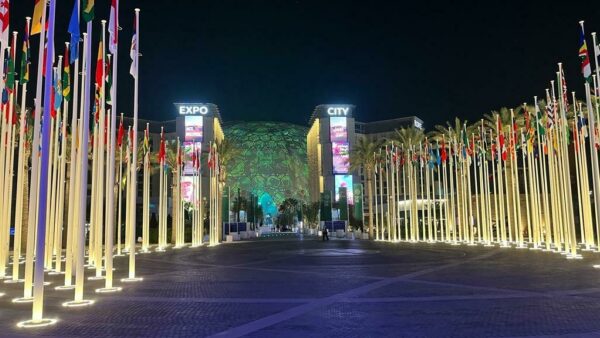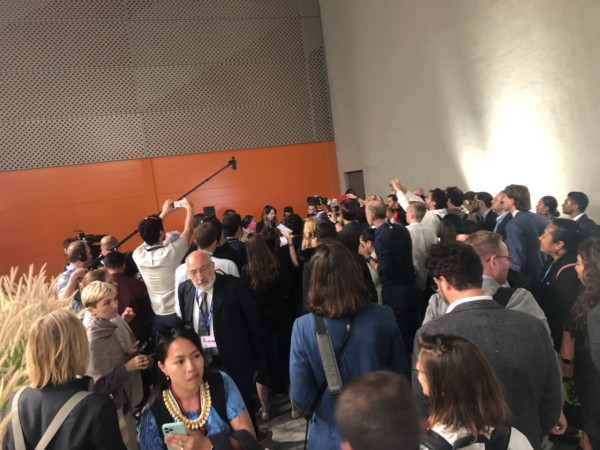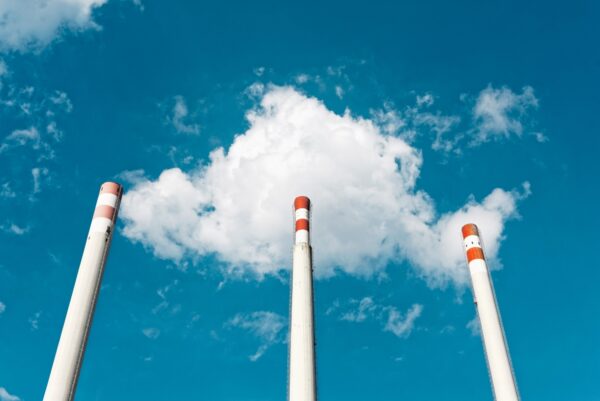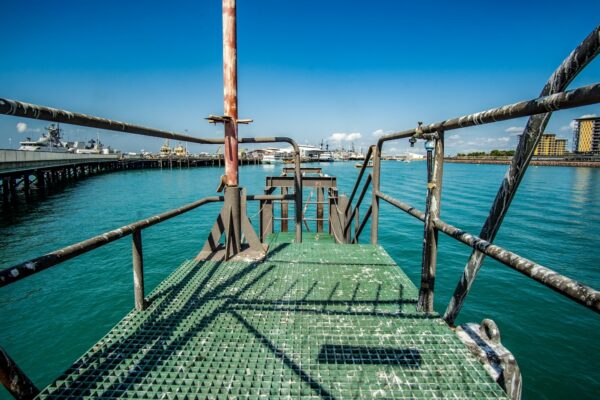South Korea’s draft climate action plan “inadequate”
Share

On 11 June 2015 South Korea announced four options for its Intended Nationally Determined Contribution (INDC), ranging from 14.7% to 31.3% below business-as-usual (BAU) by 2030. This is equivalent to 98–146% above 1990 emissions levels excluding land-use, land-use change and forestry (LULUCF).
The Climate Action Tracker, has labelled all four of the South Korean Government’s options for climate action as “inadequate.”
All of the proposed options are less ambitious than South Korea’s 2020 pledge and would allow emissions to increase after 2020.
“South Korea needs to take urgent action to meet its 2020 pledge. The proposed four options for its INDC show that South Korea is not intending to reach a peak in GHG emissions, allowing 2030 emissions to exceed the 2020 pledge,” said Kornelis Blok of Ecofys.
“Even the most stringent of the four proposed options cannot be called ambitious”, “To show it’s serious about tackling climate change, South Korea should submit an INDC that goes beyond the current options,” he said.
The “inadequate” rating indicates that the South Korea’s proposed contributions are not in line with interpretations of a “fair” approach to reach a 2°C pathway. This means the options for its INDC are not consistent with holding warming below 2°C unless other countries make much deeper reductions and comparably greater effort: if most other countries followed South Korea’s proposed approach global warming would exceed 3–4°C.
“There is a growing gap between South Korea’s 2020 pledge and its climate policies to meet that pledge – and its recently launched emissions trading scheme is not stringent enough to address this,” said Bill Hare of Climate Analytics.
South Korea’s pledge to reduce emissions by 30% below BAU in 2020 (84% above 1990 emission levels) was rated “medium,” indicating that their climate plans are at the least ambitious end of what would be a fair contribution.











